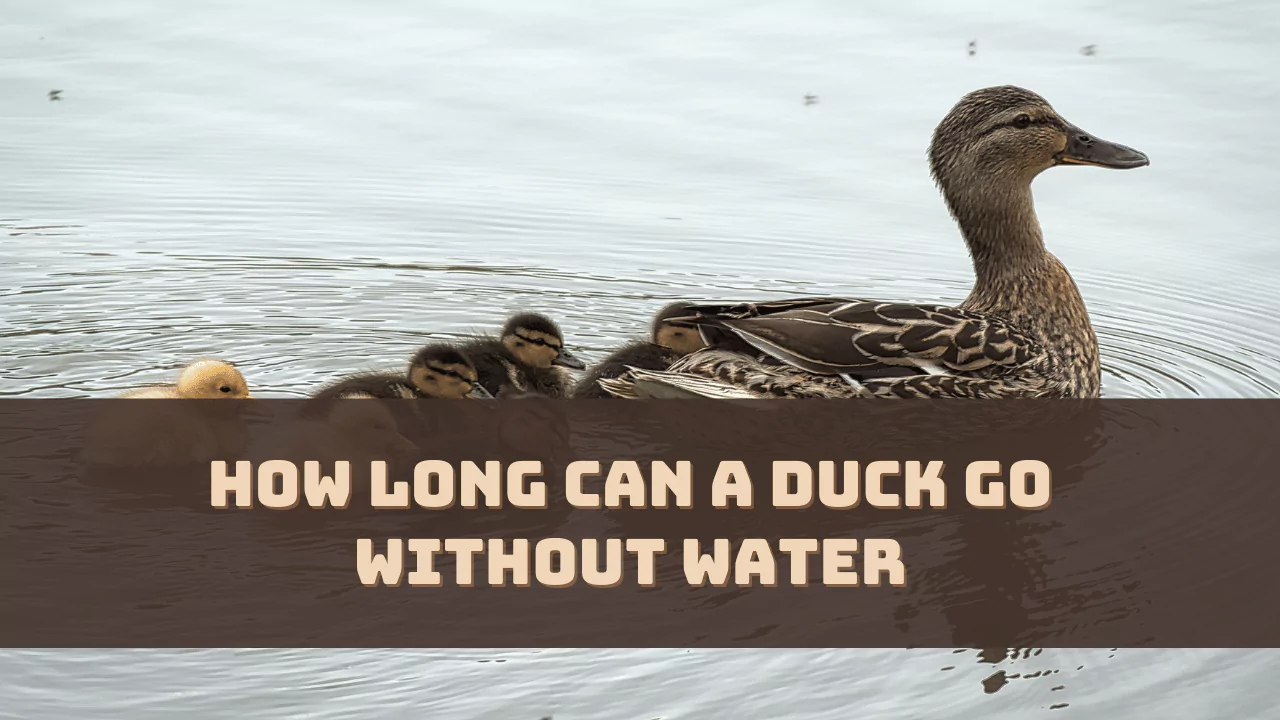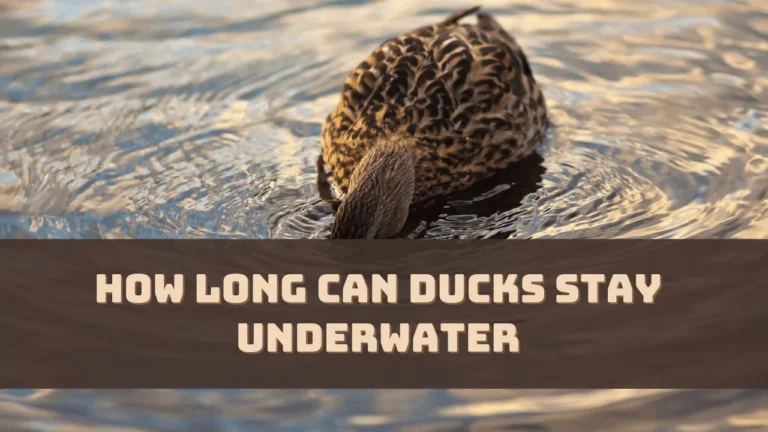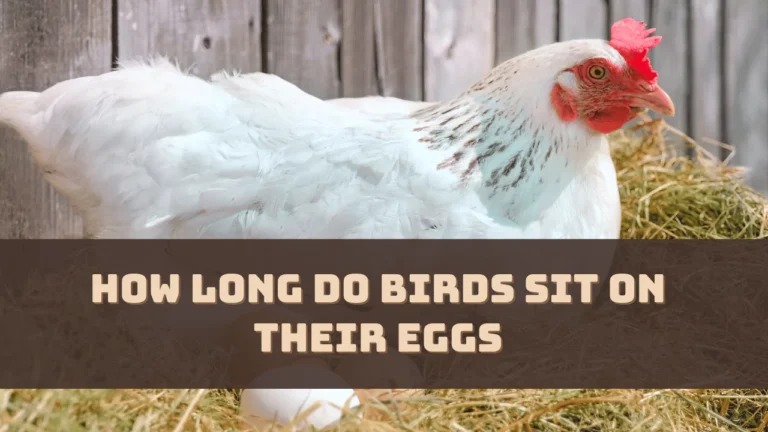Based on recent reports, ducks can go without water for approximately 8 to 10 hours. They mostly live without water in winter and otherwise stay hydrated throughout the day. If you have a duck farm, then you can provide them with freshwater at least twice a day which will be enough for them to happily sip in the water. Now, let’s get to know more about ducks and their relationship with water.
How Much Water Does a Duck Drink in a Day?
In a day a duck can drink an average of 1l of water however 1l of water is not enough to meet the requirements of a duck; rather they submerge their head into the water to clean the nostrils and eyes which also helps them to intake a certain amount of water. If you want to offer water to ducks, then you have to keep a water dish, where they can submerge their heads, thus, it must have enough depth. You can also offer them a pool where they can enjoy swimming in summer as well as in winter.
Do Ducks Drink Water at Night?
Ducks tend to stay more than 8 hours without water when enough water is provided to them. Thus, at night they can sleep and can go without water without facing any health issues.
Can Ducks Survive Completely Without Water?
No, water is a very essential part of the duck’s diet and they need to keep themselves hydrated so they can’t survive without water. The maximum duration a bird can survive is 10 hours, but beyond that lack of water can lead to adverse effects so it is always recommended to check whether the duck is getting enough water at least twice a day.
Why Do Ducks Need Water During Winter?
If the ducks go without water for an extended period of time, then it can cause health problems or can even get fatal so they need water even during winter for –
Body Temperature Regulation
Ducks have a specialized circulatory system which helps them to maintain a constant temperature where warm blood is directed to the feet and beak, where it gets cooled by the cold water and then this is circulated back to the body. So, to maintain this circulation they need access to water.
Maintaining Hydration
Even during the winter, the ducks require proper hydration for digestion or maintaining their skin, health, and feathers. If the ducks become dehydrated it can lead to serious health problems.
Swimming and Exercise
To maintain the overall health ducks require water to swim and exercise. This keeps them active, prevents getting obese and also helps the feathers to stay clean, preventing them from getting damaged.
Is the Water Requirement the Same for the Duckling?
No, the water requirement for adult ducks and ducklings varies. Ducklings still do not have the natural oil which will enable them to swim without drenching their feathers or drying them quickly. So, until a duckling is old enough, they are not allowed to go swimming or get the extra share of water that an adult duck would get. However, a duckling requires freshwater to drink and they can drink up to a quarter gallon of water each day.
Is it Necessary to Have a Pond to Keep Ducks?
No, ponds are not a basic requirement to keep the ducks in your home, rather you can supplement them with enough water so that they do not need to visit a pond. However, there can be an additional element for the ducks where they can swim, enjoy and relax. So, if possible you can set up a small garden pond or keep a plastic baby pool for the birds and they would stay happy and healthy. Moreover, having a small water source near your duck house also prevents unwanted predators who might easily sneak into the water resource.
Should You Use an Inflatable Pool for Ducks?
It is always recommended not to use an inflatable pool for ducks as they have toenails on the webbed feet which can prick the inflatable pool and create a hole. Also, ducks tend to bite and flap their wings in excitement, which can cause water leakage from the inflatable water source.
Should You Allow Ducks to Swim in Winter?
Ducks are not allowed to swim during the cold months or winter, However, there is an exception such as the Pekin which is seen swimming during the winter month. If you have a duck house, then as an alternative you can keep a baby pool or flock waterers for the ducks to swim during the winter. But, be careful and prevent the water from freezing. Always check that the water temperature should not be below 35 degrees.
How to Prevent Water from Freezing in the Baby Pool?
To prevent water from freezing in baby pools you can fill plastic bottles with one part of water and one part of table salt. Now, allow these containers to float on the water. It would prevent the water from freezing and the ducks can enjoy their swim and dip their head into water.
How to Keep the Water Clean?
Dogs and ducklings like playing in the water. So, you should keep it clean, for them to swim as well as for drinking. Basically, you have to keep separate sections of water – one for drinking and another for swimming. You can use shallow dishes for drinking, where a bird can submerge their head, and the other pool should be kept at a distance where the duck can swim or play. You must always guide the birds back to the duck pen where clean drinking water is available after they are done with swimming. You must always supply them with a reliable water source which is free from contamination.
How Does a Contaminated Pool Affect Duck Health?
A contaminated pool can cause detrimental effects on the ducks, which can lead to hyperkeratosis, inflammation, foot illness and more mostly. This contamination is caused due to wet droppings or the presence of mold on the duck’s feet which leads to the growth of mycotoxin in the water.




